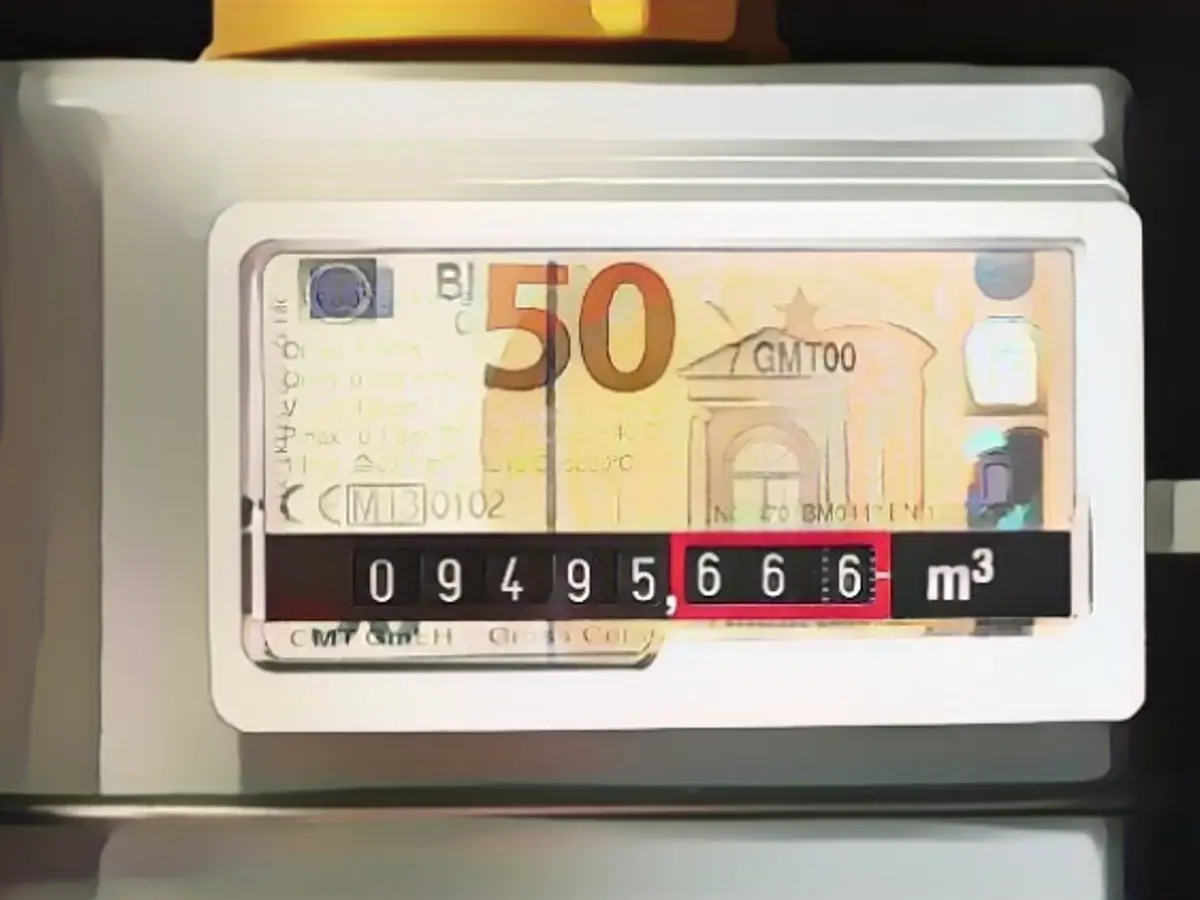What the end of the electricity and gas price brakes means for you
Surprisingly, the energy price brakes will not be extended until the end of March 2024, but will be terminated at the end of the year. Finance Minister Lindner is thus responding to the Federal Constitutional Court's budget ruling. Will it now be expensive for consumers?
The good news is that electricity and gas prices have fallen again since last winter. Also thanks to the corresponding price brakes. The bad news is that Federal Finance Minister Christian Lindner is ending the price brakes at the end of the year.
With the price brakes, the state has been officially helping its citizens since March 2023 to cope with the exorbitant energy costs at the time. They applied retroactively for January and February. The energy price brakes cap 80 percent of the previous year's consumption at the energy price - 12 cents for gas and 40 cents for electricity, both per kilowatt hour. Consumption in excess of this is billed at the energy price of the current gas or electricity tariff.
The comparison portal Verivox came to the conclusion a few days ago that the extension of the price brakes for electricity and gas until the end of March 2024 would have only slightly reduced the burden on households in Germany, according to an analysis. Electricity costs would have barely fallen by 0.3 percent on average, while gas would have been 1.1 percent cheaper. The average electricity costs would have fallen from 1457 euros to 1452 euros per year. This would have meant a saving of 5 euros.
Prices for new customers below the price thresholds
The price brake currently applies primarily to basic supply tariffs, as tariffs for new customers are already below the state price cap across the board and do not require state subsidies. If only the local basic supply tariffs are considered, the relief provided by the electricity price brake is somewhat higher. Here, electricity costs are currently falling from an average of €1841 to €1821. This corresponds to a reduction of 1.1 percent or 20 euros.
The average gas costs for 20,000 kilowatt hours would have fallen by 27 euros from 2420 euros to 2393 euros by the end of March as a result of the extension of the gas price brake. This would have corresponded to a reduction of 1.1 percent if the reduced VAT rate had applied until the end of March. Due to the abolition of the reduced VAT rate from the end of February, annual gas costs would have amounted to 2411 euros. Only households that are still supplied with the expensive basic gas supply would be relieved. Here, the annual costs would have fallen by 80 euros from 3066 euros to 2986 euros.
This is because the prices for new customers are far below this price threshold. A kilowatt hour of electricity on the cheapest available tariff with recommendable conditions currently costs an average of 27 cents, while gas costs around 9 cents per kilowatt hour. Depending on consumption, households can therefore save several hundred euros a year by switching from the local basic supply. Switching from the basic supply is possible at any time with 14 days' notice, and the new energy supplier will take care of deregistration with the previous supplier.
Conclusion: The end of the measures is not a break in the leg. Only households that are still on expensive tariffs would have benefited from the extension of the energy price brakes. However, they could save considerably more by choosing a cheaper electricity and/or gas tariff. Anyone currently paying more than 12 cents per kilowatt hour for gas and more than 40 cents per kilowatt hour for electricity, which are the caps for the price brakes, should definitely switch tariffs.
- As a result of the Federal Constitutional Court's ruling, Finance Minister Lindner announced the termination of the electricity and gas price brakes by the end of the year, which currently cap 80% of the previous year's consumption at a reduced rate.
- Households might face higher heating costs following the end of the price brakes, especially if they are still on expensive tariffs for gas, with prices above 12 cents per kilowatt hour.
- An advisor or energy consultant could provide valuable assistance in identifying more affordable energy supply options, helping consumers to switch to cheaper tariffs and thus reduce their heating costs.
- If gas prices keep rising, some households might find it difficult to afford their energy bills, leading to a potential increase in disputes between consumers and their landlords or energy suppliers.
- The energy supplier's prices for new customers are currently below the price thresholds for the energy price brakes, making it an attractive option for those seeking to lower their heating costs.
- Christian Lindner, the Finance Minister, was responding to the ruling of the Federal Constitutional Court, which compromised the federal budget, causing a need to review the energy policies and gas and electricity price brakes.
Source: www.ntv.de







